Skin Care
Are Hypoallergenic Cosmetic Products Good For You?
3 min read
By Apollo 24|7, Published on - 08 July 2022, Updated on - 18 October 2022
Share this article
0
2 likes
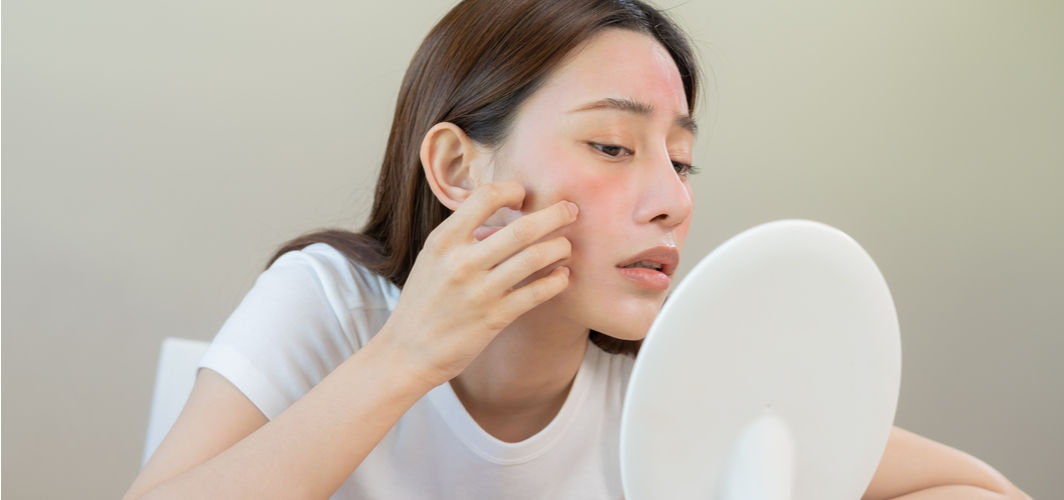
Beauty lies in the eyes of the beholder. Absolutely true. But preserving your physical appearance is solely your responsibility. As you would know, caring for skin often necessitates the use of skincare and cosmetic products. Some of these products may contain certain substances that can trigger allergic reactions in people.
To address the risk of allergic reactions, hypoallergenic cosmetic products have been introduced to the market. These products reportedly contain ingredients that are less likely to cause allergies in vulnerable people. The article explores the effectiveness of hypoallergenic products against allergic reactions in detail below.
What Are Hypoallergenic Products?
Different types of allergens such as pollen, mould, or food particles are present in our environment. Sometimes when any of these allergens enter the body, the immune system wrongly identifies it as a harmful invader and releases histamine, a chemical that triggers symptoms of allergic reaction. Hypoallergenic products are skin products that contain fewer allergy-producing substances known as allergens. However, it is important to note that there is no scientific or legal consensus on the definition of the term “hypoallergenic”.
What Should You Look For While Buying Hypoallergenic Products?
Some of the things you should look for before purchasing a product with a hypoallergenic label include:
1. Ingredient list
This is the first thing you should look for when buying a hypoallergenic product. Most products have ingredients listed in the order of concentration, i.e., order of amount relative to the other ingredients.
2. Type of ingredients
Several products use labels such as “active ingredients” and “inactive ingredients” separately. Irrespective of whether they are active or inactive, all the ingredients have the potential to interact with your body. Therefore, you should examine them carefully.
3. Chemical names
The labels often list ingredients with their chemical names. Some of the names might sound terrifying, but may necessarily be such. For instance, baking soda is often listed as sodium bicarbonate. Nevertheless, hardly anyone, if any, is allergic to baking soda.
4. Plant-based ingredients
Labels often list plant substances with their Latin names. For example, aloe vera and lavender, which trigger an allergy in some people, are listed as Aloe barbadensis miller and Lavandula angustifolia, respectively. Therefore, if you have a plant allergy or sensitivity, it is recommended to become familiar with the genus name and look for it on labels. Doing so will protect you from a lot of discomforts and even danger.
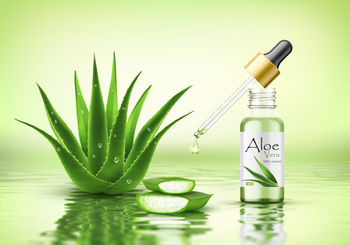
Can You Trust Hypoallergenic Labelling?
Currently, there are no regulatory standards that govern the use of the term ‘hypoallergenic.’ As a result, cosmetic products with the “hypoallergenic” label don’t guarantee that their use wouldn’t trigger an allergic reaction in anybody.
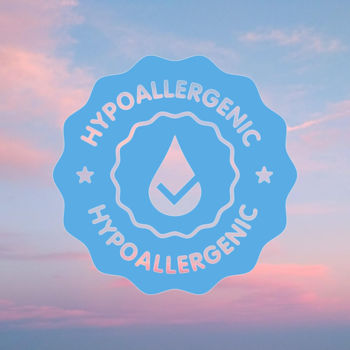
The word “hypoallergenic” on a product label can help people distinguish cosmetic and skin care products with fewer allergy-causing ingredients from other similar products. Nevertheless, it is worth noting that using hypoallergenic products doesn’t offer complete protection against allergic reactions. To protect yourself, always read the product label diligently. Doing so would help you make more informed decisions while making a purchase. To know more about which hypoallergenic products might be good for you,
Medically reviewed by Dr Sonia Bhatt.
Skin Care
Leave Comment
Recommended for you
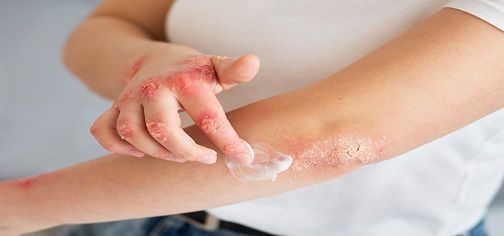
Skin Care
Skin Rashes: Causes, Symptoms, Red Flags and Treatment
Skin rashes are an important sign of an underlying skin condition or pathology like dermatitis, psoriasis, eczema etc. Home remedies may not work for all skin conditions. A dermatologist's opinion is a must for recovery from a skin rash.
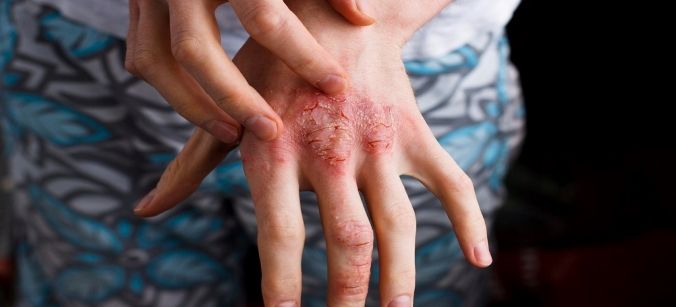
Skin Care
Eczema Diet: What to Eat & What to Avoid?
Eczema predominantly roots itself in genetics and may occasionally flare up due to immune system activation to specific allergens including inflammatory food, cosmetics, fabric and stress. This article highlights the top 5 best and worst food items to include and eliminate from your diet.
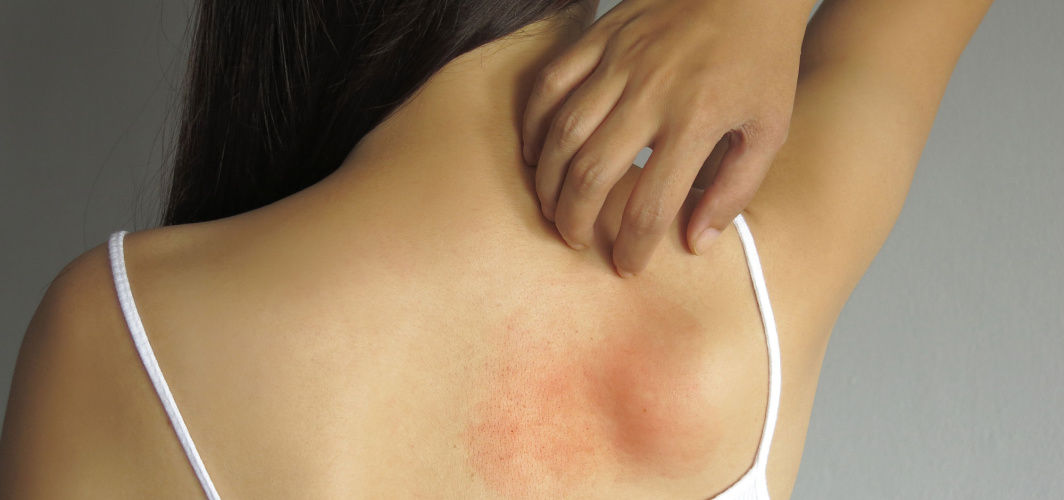
Skin Care
5 Tips to Deal With Prickly Heat Rashes
Heat rash, also known as miliaria, is a skin condition caused by blocked sweat ducts that lead to a rash and prickly sensations. It can be quite uncomfortable and sometimes even painful. While it usually resolves on its own within a couple of days, there are a few things you can do to relieve the symptoms. Here’s how!
Subscribe
Sign up for our free Health Library Daily Newsletter
Get doctor-approved health tips, news, and more.
Recommended for you

Skin Care
Skin Rashes: Causes, Symptoms, Red Flags and Treatment
Skin rashes are an important sign of an underlying skin condition or pathology like dermatitis, psoriasis, eczema etc. Home remedies may not work for all skin conditions. A dermatologist's opinion is a must for recovery from a skin rash.

Skin Care
Eczema Diet: What to Eat & What to Avoid?
Eczema predominantly roots itself in genetics and may occasionally flare up due to immune system activation to specific allergens including inflammatory food, cosmetics, fabric and stress. This article highlights the top 5 best and worst food items to include and eliminate from your diet.

Skin Care
5 Tips to Deal With Prickly Heat Rashes
Heat rash, also known as miliaria, is a skin condition caused by blocked sweat ducts that lead to a rash and prickly sensations. It can be quite uncomfortable and sometimes even painful. While it usually resolves on its own within a couple of days, there are a few things you can do to relieve the symptoms. Here’s how!